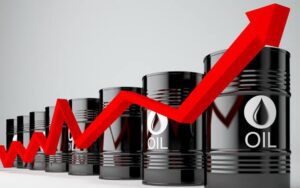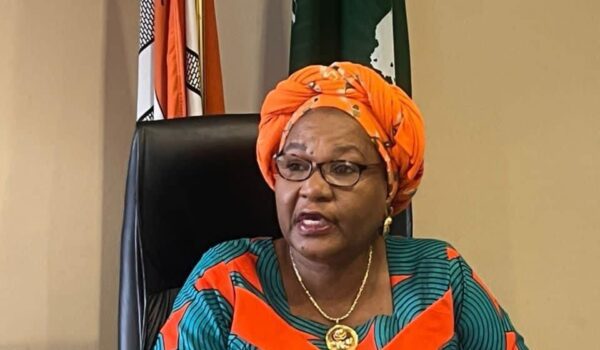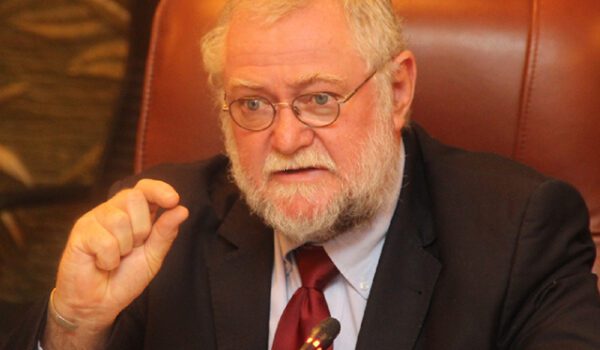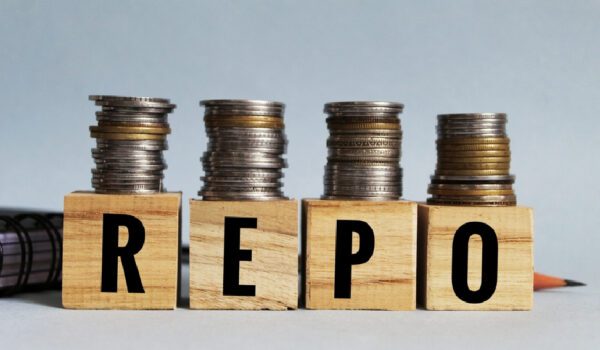
By:Nghiinomenwa-vali Erastus
Saudi Arabia, one of the world’s biggest crude oil producers, has pledged a new voluntary oil output cut of 1 million barrels per day for July, which could be extended further, its energy ministry said.
At about 35% of the total production, Saudi Arabia is by far the largest contributor to the Organisation of the Petroleum Exporting Countries OPEC’s output, more than double the size of 2nd placed Iraq.
Given this dominant position, there is little doubt that Saudi Arabia has an outsized amount of control over decision-making within OPEC, wrote James Hayward of Global Equity Analyst.
The latest calculations by the Ministry of Mines and Energy show that the average price for unleaded petrol 95 over June 2023 is at US$95,402 per barrel compared to US$92,302 recorded at the end of May 2023.
As for the average price of diesel 50 ppm observed over June 2023, it stood at US$89,007 per barrel compared to US$85,767 recorded in May 2023.
As for the Diesel, 10 ppm in the course of June stood at US$90,931 per barrel compared to US$87,362 observed in May 2023.
Despite the under-recovery recorded for the month on petrol (46 cents) coupled with some recovery on the diesel price, the Ministry kept the internal pump price at N$19.78 for petrol, N$19.05 for diesel 50ppm, and for the 10ppm at N$19,25.
The global equity analyst Haywardstated that it would be reasonable to assume that after more than 150 years of international trade, the world would have a very firm, unwavering grasp on which factors have the most influence on oil prices.
At least with a very clear understanding of the timing and influence of these factors as the world seems rather unsure of what it should be paying for it.
Global oil supply, and as a result oil prices, is to a large extent controlled by the OPEC group – which effectively operates as a cartel since its creation in 1960.
The group currently has 13 members, almost all of whom are located in the Middle East and Africa with the exception of Venezuela.
Hayward explained that the alliance is powerful in crude pricing, because, between them, they control about 30% of the world’s oil production, with a massive 80% of oil reserves – according to both the oil company British Petroleum (BP) and OPEC’s internal estimates.
Haywardsaid despite “all the shifting rhetoric to renewables, old-fashioned fossil fuel is in no hurry to make a swift exit from the scene.”
The price of Brent crude oil has been a roller coaster over the last three years with the Russian and Ukraine war in February last year sending it rocketing to an intra-day high of $130/barrel.
It only comes crashing back down to a low -US$70’s/barrel by the end of June.
According to the equity analyst, the fluctuating price is not ideal for countries whose entire budget relies on the oil price.
As for the OPEC cartel, they adjust supply, within reason, whenever they feel the price is too low.
On the opposite end, Russian oil has continued to find a way into the market, mainly via Asian buyers.
Data from Kpler Research indicates that Chinese imports of Russian crude averaged 1.59 million barrels per day in March 2023, up 68% from the same period in 2022.
The result is that prices have perhaps not reacted as fast as OPEC would have liked, but at some point, they must, Hayward stated.
He added that once recessionary fears abate and when (if) Chinese manufacturing numbers finally ramp up, the normal economic principle of demand outweighing supply, leading to rising prices, must prevail.
Given the global reliance on OPEC oil in the near term (and by near, meaning the next decade) the price of oil will likely gravitate towards whatever Saudi Arabia – as OPEC’s producer-in-chief needs it to be.
“Oil is by far the largest contributor to the Kingdom’s fiscus. In the last few years, it accounted for about 40% of real GDP, but around 75% of their total budget,” Hayward revealed.
Today, he said, Saudi Arabia is clearly trying to shift their economy to be less oil-reliant, with ongoing efforts to position itself as a global travel and events hub.
However, this transformation does not come cheap though as Saudi Atabia will be reliant on oil for years to come.
The consensus is that they need the price of Brent crude to be more than $80/barrel in order to cover the government’s spending bill, even though this number is hard to verify, he stated.
Further cutting production would assist in achieving the required price, it has to be balanced with maximising revenue- maximising volume.
Saudi Arabia, despite the massive investment into renewable energy sources over the last decade, the global production is far from quenching the global economy’s thirst for fossil fuels.
Hayward’s assessment has indicated demand is proving to be much stickier than what many would have expected.
In 2019, fossil fuels accounted for 84.3% of global energy consumption.
Two decades ago, in 2000, it was 86.1%, which means a drop in market share of only 1.8% over 20 years, despite all the investment into lower carbon sources.
The International Energy Agency (IEA) has identified three different scenarios for future energy usage, based on how effectively these commitments are me.:
First the base scenario considers current industry plans, government policies, as well as existing energy transition initiatives.
Based on this scenario, Hayward explained that global oil demand is still forecast to rise by 3.5 million barrels per day by 2025 – a far cry from the decline of 3 million barrels/day required to meet World Energy Outlook’s Sustainable
He has also placed little doubt that renewables like wind and solar will increase its share of the energy budget in the coming years, it is also clear that oil’s own day in the sun is not yet done.Email: erastus@thevillager.com.na









Comments